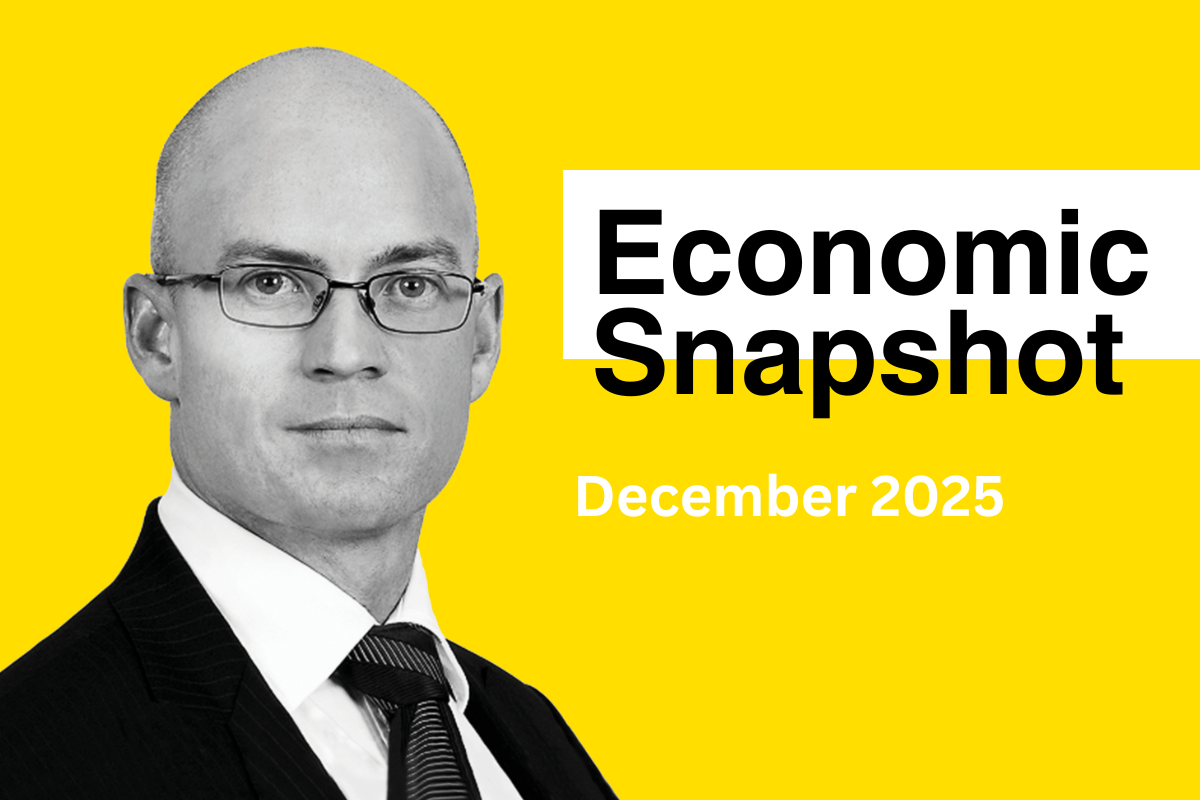What to Do If Money Worries Are Affecting Your Mental Health

Financial stress is climbing across Australia, with rising costs putting pressure on households and mental health alike. Here’s how money worries affect wellbeing, and where to get help if it’s all feeling too much.
Understanding the Issue
For many Australians, the past few years have felt like a financial rollercoaster. Rising interest rates, rent and mortgage hikes, and escalating grocery and energy prices mean more households are struggling to make ends meet.
These pressures aren’t just about the wallet; they can deeply affect how we feel and function day to day. The National Mental Health Commission’s 2024 report card found that the share of people struggling to cope on their current income almost doubled between late 2020 and early 2024, rising from about 17 per cent to roughly 35 per cent, with women reporting higher stress levels than men.
When financial pressure builds, mental health often suffers too. Sleepless nights, irritability, fatigue, and feelings of hopelessness can become part of daily life.
Financial Stress on the Rise
A 2024 Beyond Blue survey found that financial pressure is now the leading cause of distress for almost half of Australians — and it’s especially affecting those in their 20s, 30s, and 40s. Women are reporting higher levels of financial stress, and calls to the National Debt Helpline have jumped by more than 13% in the past year.
The Australian Psychological Society and Australian National University also found that around a third of people are struggling to get by on their income, and one in five delayed or skipped mental health appointments in 2023–24 because of cost.
Young people are feeling it too. Mission Australia’s 2024 Youth Survey found that the cost of living was the top national issue for teens aged 15–19. Around 22% reported high psychological distress, and more than half said rising prices were affecting their outlook on the future.
How Money Worries Affect Mental Health
Money stress doesn’t just weigh on your mind – it takes a toll on your body too. According to the National Debt Helpline, financial stress can increase heart rate and blood pressure, interfere with sleep, and lead to anxiety, depression, or changes in appetite.
It can also create a vicious cycle: when you’re mentally drained, it’s harder to make good financial decisions. That can lead to missed bills, overspending, or avoiding money conversations altogether, which only deepens the stress.
Situations like job loss, relationship breakdowns, illness or even natural disasters can make the financial strain worse. But there are ways to break the cycle and start rebuilding confidence.
Practical Steps to Cope
1. Acknowledge You’re Not Alone
Financial stress affects people from all walks of life. Knowing others share similar struggles can reduce shame and isolation. The National Debt Helpline reminds Australians that help is available at any stage, not just when things are critical.
2. Prioritise Your Mental Health
If you feel persistently sad, anxious or hopeless, reach out for professional support. Try Beyond Blue’s mental health checklist, speak to your GP about a mental health treatment plan, or call Lifeline (13 11 14) if you need immediate help.
3. Access Free Financial Counselling
Free, confidential financial counsellors can help you manage debt, talk to creditors and create a plan. Contact the National Debt Helpline (1800 007 007) or the Small Business Debt Helpline (1800 413 828) if you’re self-employed or running a business.
4. Explore Hardship and Support Programs
If you can’t make repayments, you have the right to ask for a hardship arrangement with your bank or utility provider. Community organisations can also help with essentials such as food, rent or utility bills.
5. Build Your Financial Skills
Small steps add up. Track your spending, automate bill payments, and explore MoneySmart’s free budgeting guides. Beyond Blue’s Money and Mental Wellbeing Quiz is also a useful way to understand how your mindset around money might be affecting your stress levels.
Where to Get Help
If financial stress is affecting your wellbeing, these services can provide free, confidential support:
-
Beyond Blue – 24/7 phone counselling (1300 224 636) and online resources.
-
National Debt Helpline – Free financial counselling and guidance (1800 007 007).
-
Small Business Debt Helpline – Specialist advice for business owners (1800 413 828).
-
Lifeline – Crisis support and suicide prevention (13 11 14).
-
Suicide Call Back Service – 24/7 phone and online counselling (1300 659 467).
-
Headspace & Kids Helpline – Support for young people and families.
-
MoneySmart & Financial Counselling Australia – Free budgeting tools and referrals.
-
Government Services – Speak with your GP about a mental health plan through Medicare, or check your state’s energy rebates, rent assistance and no-interest loan programs.
Looking Ahead With Hope
Living through a cost-of-living crisis is hard, but it’s important to remember that help is available, and things can improve. Seeking advice is not a sign of failure; it’s a proactive step toward stability and wellbeing.
Whether you reach out to a friend, counsellor or helpline, know that you don’t have to face financial stress alone. As the National Debt Helpline reminds us, it’s never too early or too late to ask for help.
Any advice is general in nature only and has been prepared without considering your needs, objectives or financial situation. Before acting on it, you should consider its appropriateness for you, having regard to those factors. Before making any decision about whether to acquire a financial product, you should obtain the Product Disclosure Statement.
Latest News Articles
Back to Latest News
What a Financial Plan Actually Looks Like

Realistic Budgeting Tips for Australians in 2026


